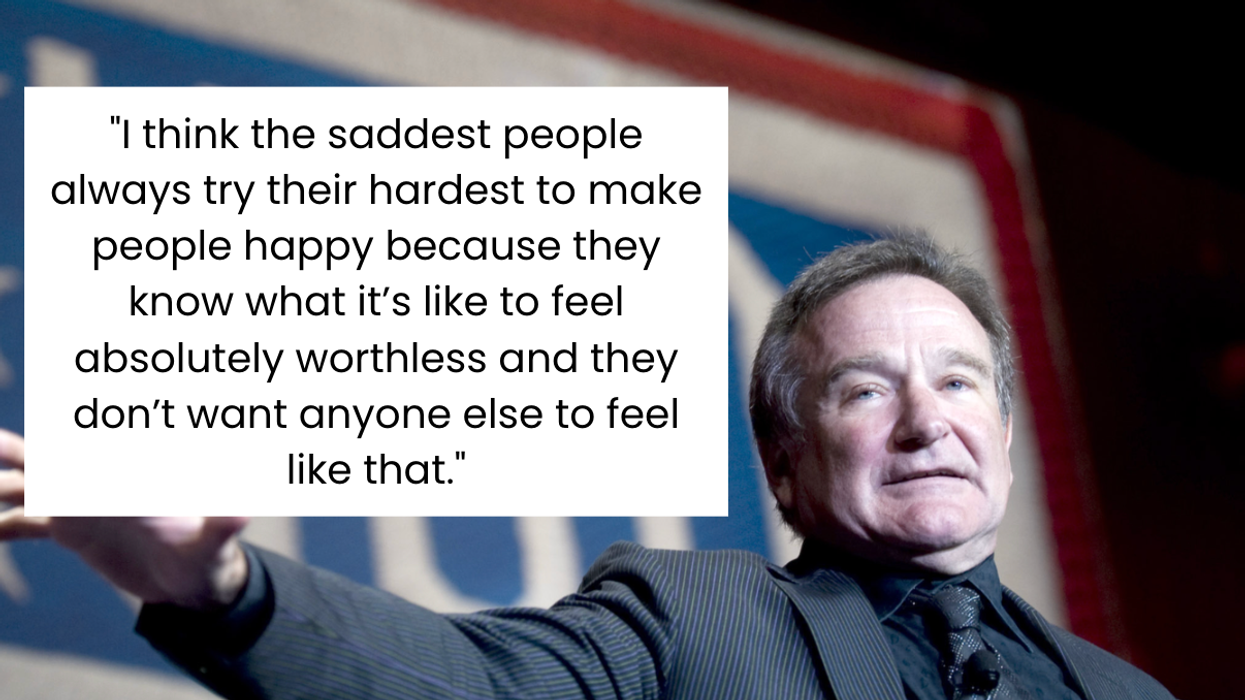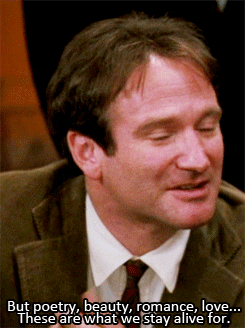It’s long been contended that men and women have different perspectives on the world, be it from nature or the societies and cultures their people. A recent study suggests that the ability to “see the world” isn’t just based on psychological or sociological factors. Men and women actually visualize what they observe in different manners.
In November 2016, a study was published in the Journal of Vision by biologists at Queen Mary University of London that shows eye contact and eye scanning are both so distinct between men and women that they were able to determine the subject’s sex correctly 80% of the time based just on those actions.
In the study, 400 subjects participated in sessions of 15 minutes each, staring at an actor or actress’s face. The researchers would then observe the movement patterns, eye contact, and scanning techniques used by the subjects. Upon the conclusion of their observations, the differences between the sexes were abundantly clear.
Women tended to focus on the left side of the face presented to them and tended to rely far more on their left eye, especially when looking at a woman’s face. They were also more likely to scan the entirety of the face than men were.
This interesting (and a little disturbing, out of context) graphic shows how the visualization tendencies prevail among men and women:
While the study offers lots of new data to analyze, even the researchers are left with more questions than answers at this point. The study’s lead author, Dr. Antoine Coutrotto, told Huffington Post, “Since the right hemisphere is fed by the left visual field, this could explain why people are biased toward the left when looking at faces. Then, why this bias is even stronger for women? The truth is we don’t really know yet.”
Despite the new unknowns, the strides made with this study are already profoundly important. Until now, scientists believed that men and women followed a universally consistent method of face exploration. Now, it’s clear that every person has their very own “signature” way of evaluating a face.
While this is fascinating information on its own, the applications of this new eye movement data can extend to diagnosing and treating conditions such as ADHD and autism as well.
“A very promising line of studies is gaze-based disease screening,” Coutrout said. “Some disorders, like dementia or autism, lead to quantifiable alterations of eye movement behavior. Hence, gaze can be used as an objective, inexpensive and rapid tool for disease screening.”
On a similar note, some people are completely incapable of recognizing or remembering faces at all. It’s a condition known as facial blindness, and you can read more about the fascinating condition here.
















 Ladder leads out of darkness.Photo credit
Ladder leads out of darkness.Photo credit  Woman's reflection in shadow.Photo credit
Woman's reflection in shadow.Photo credit  Young woman frazzled.Photo credit
Young woman frazzled.Photo credit 





 Robin Williams performs for military men and women as part of a United Service Organization (USO) show on board Camp Phoenix in December 2007
Robin Williams performs for military men and women as part of a United Service Organization (USO) show on board Camp Phoenix in December 2007 Gif of Robin Williams via
Gif of Robin Williams via
Will your current friends still be with you after seven years?
Professor shares how many years a friendship must last before it'll become lifelong
Think of your best friend. How long have you known them? Growing up, children make friends and say they’ll be best friends forever. That’s where “BFF” came from, for crying out loud. But is the concept of the lifelong friend real? If so, how many years of friendship will have to bloom before a friendship goes the distance? Well, a Dutch study may have the answer to that last question.
Sociologist Gerald Mollenhorst and his team in the Netherlands did extensive research on friendships and made some interesting findings in his surveys and studies. Mollenhorst found that over half of your friendships will “shed” within seven years. However, the relationships that go past the seven-year mark tend to last. This led to the prevailing theory that most friendships lasting more than seven years would endure throughout a person’s lifetime.
In Mollenhorst’s findings, lifelong friendships seem to come down to one thing: reciprocal effort. The primary reason so many friendships form and fade within seven-year cycles has much to do with a person’s ages and life stages. A lot of people lose touch with elementary and high school friends because so many leave home to attend college. Work friends change when someone gets promoted or finds a better job in a different state. Some friends get married and have children, reducing one-on-one time together, and thus a friendship fades. It’s easy to lose friends, but naturally harder to keep them when you’re no longer in proximity.
Some people on Reddit even wonder if lifelong friendships are actually real or just a romanticized thought nowadays. However, older commenters showed that lifelong friendship is still possible:
“I met my friend on the first day of kindergarten. Maybe not the very first day, but within the first week. We were texting each other stupid memes just yesterday. This year we’ll both celebrate our 58th birthdays.”
“My oldest friend and I met when she was just 5 and I was 9. Next-door neighbors. We're now both over 60 and still talk weekly and visit at least twice a year.”
“I’m 55. I’ve just spent a weekend with friends I met 24 and 32 years ago respectively. I’m also still in touch with my penpal in the States. I was 15 when we started writing to each other.”
“My friends (3 of them) go back to my college days in my 20’s that I still talk to a minimum of once a week. I'm in my early 60s now.”
“We ebb and flow. Sometimes many years will pass as we go through different things and phases. Nobody gets buttsore if we aren’t in touch all the time. In our 50s we don’t try and argue or be petty like we did before. But I love them. I don’t need a weekly lunch to know that. I could make a call right now if I needed something. Same with them.”
Maintaining a friendship for life is never guaranteed, but there are ways, psychotherapists say, that can make a friendship last. It’s not easy, but for a friendship to last, both participants need to make room for patience and place greater weight on their similarities than on the differences that may develop over time. Along with that, it’s helpful to be tolerant of large distances and gaps of time between visits, too. It’s not easy, and it requires both people involved to be equally invested to keep the friendship alive and from becoming stagnant.
As tough as it sounds, it is still possible. You may be a fortunate person who can name several friends you’ve kept for over seven years or over seventy years. But if you’re not, every new friendship you make has the same chance and potential of being lifelong.